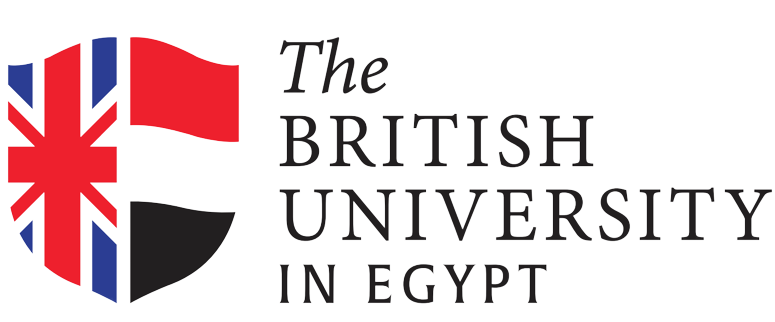The Center for Law and Emerging Technology of the Faculty of Law at the British University in Egypt hosted a discussion forum on “The legal Challenges of Sharing Economy” on Wednesday 2nd of May 2018.
Professor Hassan Abdel Hamid the professor of the Philosophy of Law and the Dean of the Faculty of Law at the British University in Egypt started his opening speech by stating that: “Many experts from both legislative and judicial systems have been invited to the workshop to discuss the idea of sharing economy and the legal challenges facing it.” He also added that the entire world is currently facing a problem with the regulation of the digital sharing economy which triggered the faculty to initiate this workshop in the first place.
The sharing economy has become one of the most important systems impacting the economy in the twenty first century. Its idea is based on sharing the material and human assets including creating, producing, consumption of goods, services and skills between people and commercial entities.
Regarding sharing economy and Ridesharing companies, Dr. Khaled Serry, the former president of the Board of Directors of the Egyptian Stock Exchange market stated that “The world is heading to more usage of sharing economy due to the lack of resources and the increase in the world population to reach 10 billion by 2050.” He also clarified that this type of companies, Uber and Careem, are a huge addition to the Egyptian economy especially that there are approximately 200 thousand cars and drivers working in this field. Each makes around four trips per day which eventually make a total of 800 thousand rides per day.
As for the cyber security, Mr. Mohamed El Gendy, the expert in cyber security in the United Nations and a staff member of Faculty of Law at the British University in Egypt mentioned that: “Data are the fuel of the 21st century and the main element in building the sharing economy”. He has also stated that all the devices and applications we use collect information which they in return use to allocate their clients via a process known as data analysis. He as well highlighted the importance of having legal frame to protect the data specially that the protecting the users’ information lies under the responsibility of the service providers.
Dr. Marwa Zein, the program director in the Faculty of Law at the British University in Egypt, added on this regard that “There is a possibility of misusage of the information which could constitute a risk on the users’ lives and an invasion of their privacy. This negative usage of information could render these companies civilly and criminally liable.” Dr. Marwa has also underlined that protecting the users will be impossible if they are not aware of the kind of personal information they are disclosing.
However, Dr. Mostafa Abdel Kader, former president of the taxes authority, clarified that the issue of sharing economy models, Uber and Careem, can be solved if a strong yet simplifies tax legislation was imposed on them because after all these kind of companies are always cautious about having an official legal status in Egypt. That way we can monitor and shed the light on their activities.
As for the legislative aspect of this issue, the head of the telecommunications committee in the parliament, Nedal Al Said, added that the “information technology transportation law” added that the government has proposed the draft of a 20 articles law the law after cooperation between ministry of transportation, investment and telecommunication. He further stated that some amendments have been made to the proposed law. One of the amendments explicitly made to draw the line for the state’s authority in obtaining the users’ information from the service providers.










